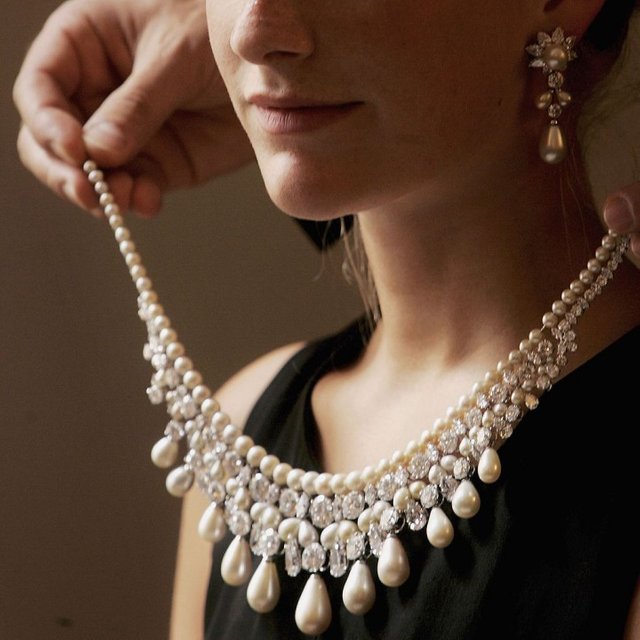University Of Utah Engineers Create New Material To Generate Electricity Through Body Heat

From University Herald
Engineers at the University of Utah have discovered a new material that could generate electricity through body heat collected from a person's jewelry. It is said that the electricity is enough to power a body sensor, a cooking pan or could charge a phone in just a few hours.http://www.universityherald.com/articles/70155/20170321/university-utah-engineers-create-new-material-generate-electricity-body-heat.htmThe study was led by Ashutosh Tiwari, a University of Utah materials science and engineering professor. The team found that a combination of calcium, cobalt and terbium can be used to create an efficient, affordable and bio-friendly material that can generate electricity through a thermoelectric process that involves heat and cold air, EurekAlert reported.
The team's findings were published in the latest issue of "Scientific Reports." Shrikant Saini, a materials science and engineering postdoctoral researcher in the University of Utah, is the first author of the paper.
It was noted that the thermoelectric effect is a process involving temperature difference in a material and how it generates an electrical voltage. If one end of the material is cold while the other one is hot, charge carriers from the hot end flow through the material to the cold end. This generates an electrical voltage. The material requires less than one degree of difference in temperature to produce a detectable voltage.
Follow @contentjunkie to stay up to date on more great posts like this one.

Cool story. How did you add your initials next to your username?
It's my profile pic in the settings area.
Oh, I see.
This post has been ranked within the top 25 most undervalued posts in the first half of Mar 22. We estimate that this post is undervalued by $5.98 as compared to a scenario in which every voter had an equal say.
See the full rankings and details in The Daily Tribune: Mar 22 - Part I. You can also read about some of our methodology, data analysis and technical details in our initial post.
If you are the author and would prefer not to receive these comments, simply reply "Stop" to this comment.